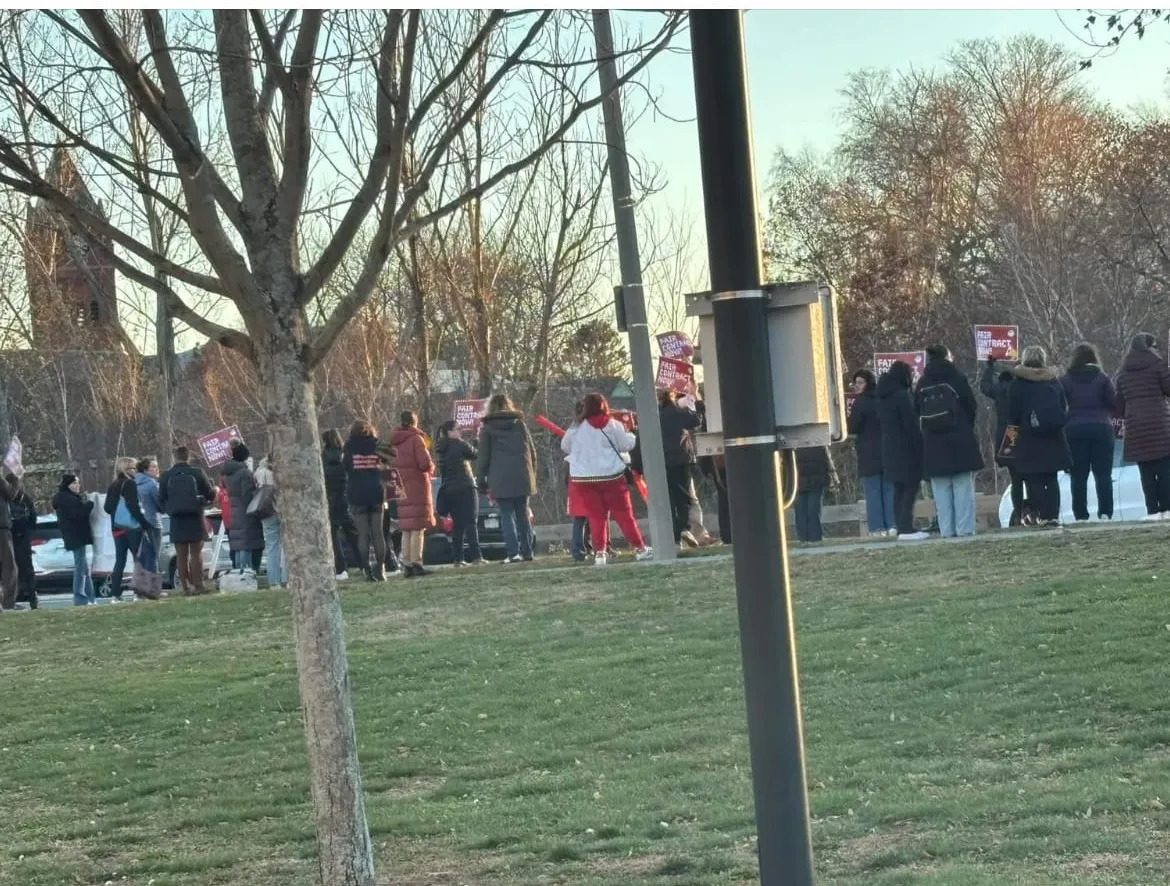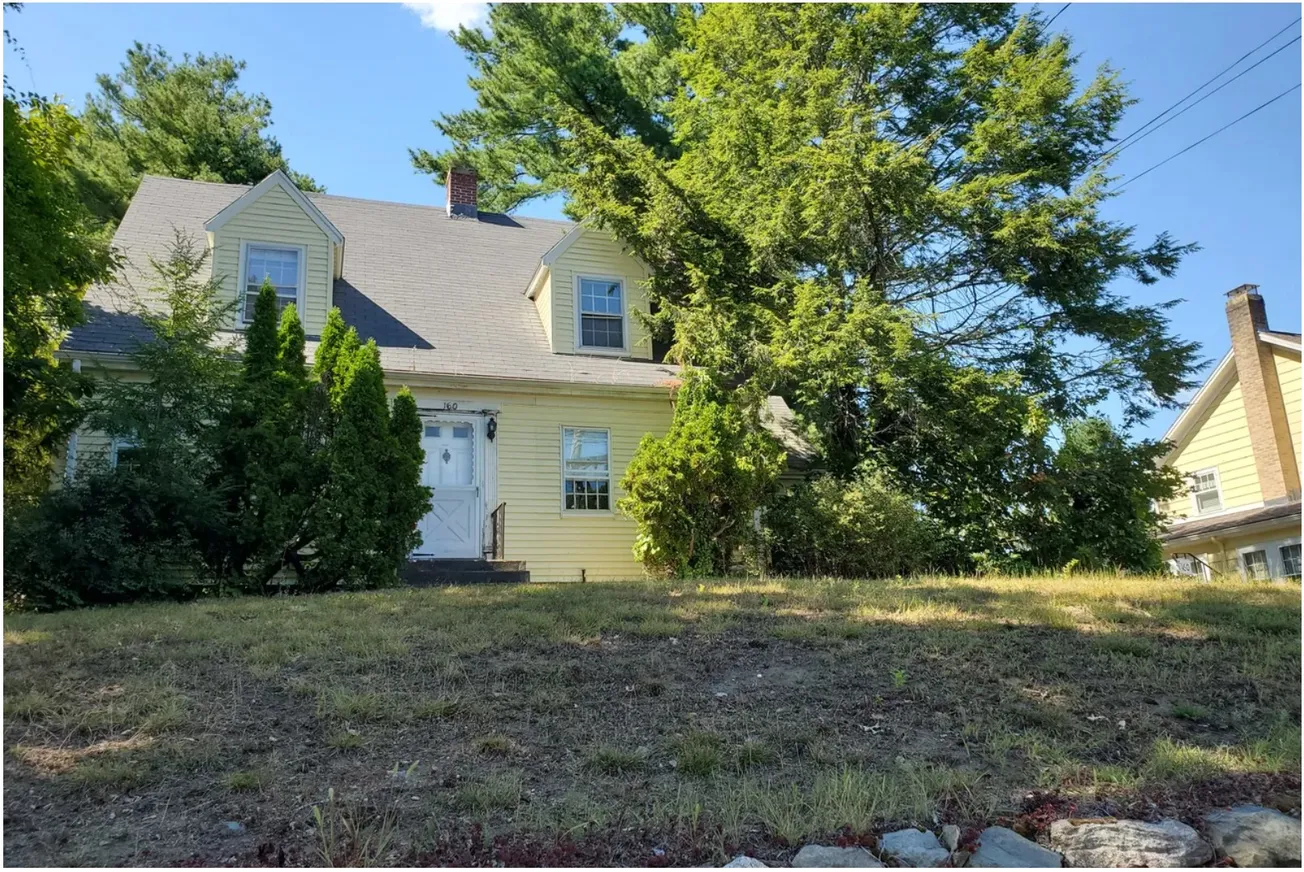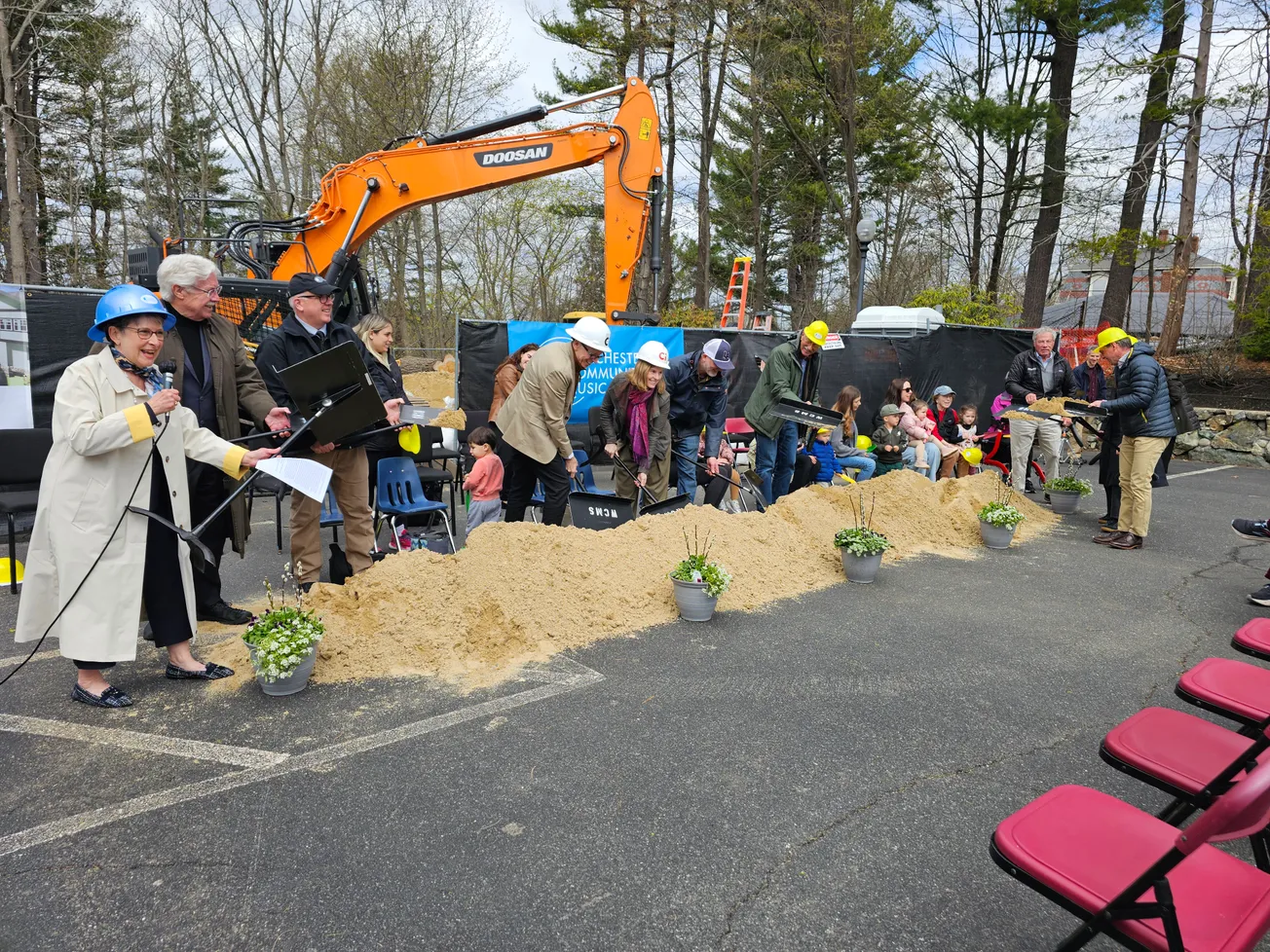Table of Contents
The following was submitted by the Office of Sen. Jason Lewis:
State Sen. Jason Lewis joined his colleagues in the Massachusetts Senate in unanimously passing the Affordable Homes Act.
This comprehensive legislation takes major steps to address the state’s housing affordability crisis by making the largest investment in housing construction and rehabilitation in the state’s history. The bill also includes numerous policy proposals to help both renters and homeowners.
“The biggest challenge to keeping young adults and working families in Massachusetts is the high cost of housing, especially in the greater Boston area,” said Lewis. “This legislation is a major step forward in addressing the housing shortage and tackling the high rents and home prices that are putting affordable housing out of reach for so many people.”
Provisions in the Affordable Homes Act include:
• Spurring construction of affordable housing units by authorizing up to $425 million for the Housing Stabilization and Investment Trust fund, working with municipalities, non-profits, and developers to support housing preservation, new construction, and rehabilitation projects for affordable rental units.
It additionally authorizes up to $800 million for the Affordable Housing Trust Fund to create and preserve housing for households with an income at or below 110% of area median income, helping to bridge the gap between the high cost of housing and what many families can afford.
• Maintaining and repairing public housing units by authorizing up to $2.2 billion for repairs, rehabilitation, and renovation across the 43,000 units of state-aided public housing to ensure that the state's public housing infrastructure remains safe, modern, and sustainable.
• Supporting first-time homebuyers by authorizing up to $200 million for the CommonWealth Builder Program to further the production of housing in gateway cities for first-time homebuyers.
The legislation also includes authorization of up to $50 million for MassDreams, a program that provides down payment and closing cost grants to first-time homebuyers who meet the program’s eligibility criteria and who currently live in one of the 29 communities that were disproportionately impacted by the COVID-19 pandemic.
• Building sustainably by authorizing up to $275 million for innovative, sustainable, and green housing initiatives.
• Maintaining essential infrastructure by authorizing up to $375 million for HousingWorks, a program that awards grants to municipalities and other public entities for a variety of infrastructure-related projects that facilitate housing construction.
• Addressing regional equity by authorizing up to $150 million to address the unique housing needs of rural towns, seasonal communities, and mid-sized communities.
• Protecting tenants from broker fees to ensure that buyers are not burdened with unexpected costs by requiring that real estate brokers’ fees be paid solely by the party that contracted with them, and promoting transparency and fairness throughout real estate transactions.
• Establishing the Office of Fair Housing and the Office of Livable Communities and Communities Services to set the Commonwealth on a path to address many decades of housing discrimination by prioritizing equity issues in housing across the state, ensuring equal access to housing opportunities for all residents, and offering technical assistance to cities and towns that often lack dedicated housing staff.
• Introducing a process for tenants to seal their eviction records in cases of no-fault evictions and other limited scenarios to protect vulnerable tenants from the long-term stigma of eviction records and enhance their ability to secure future housing.
• Prohibiting the banning or unreasonable restriction of accessory dwelling units (ADUs) in single-family residential zones to promote flexible housing options and enable homeowners to create additional living spaces, which increases housing supply and provides more affordable rental options within established neighborhoods.
• Establishing a homeownership tax credit that will be available for the production of homeownership units for households that make up to 120 percent of the area median income, which incentivizes housing production and promotes homeownership opportunities.
A Conference Committee will now be appointed to reconcile differences between the different versions of the Affordable Homes Act passed by the Senate and House of Representatives, before being sent to Gov. Maura Healey for her signature.
Winchester News is a non-profit organization supported by our community. If you appreciate having local Winchester news, please donate to support our work, and subscribe to our weekly newsletter.







